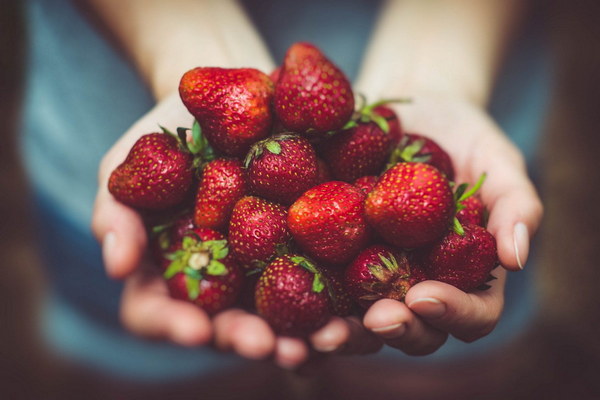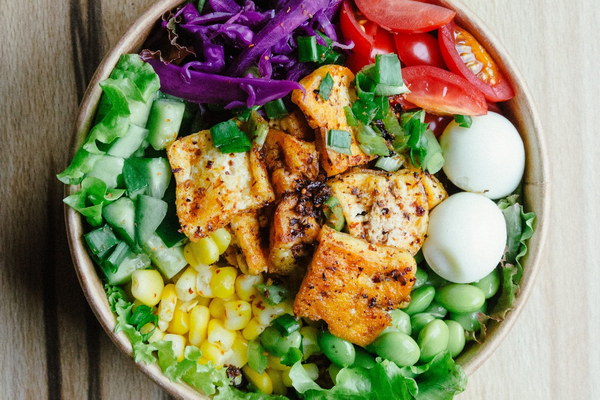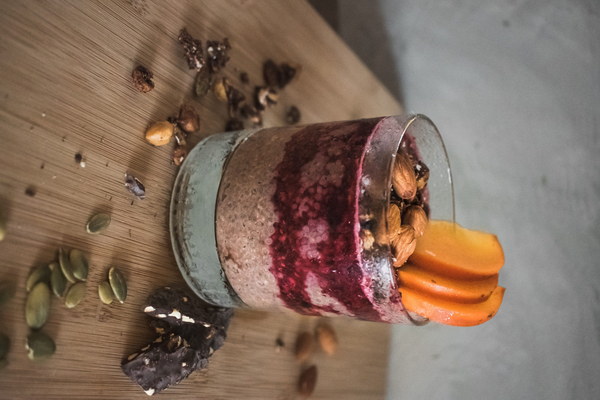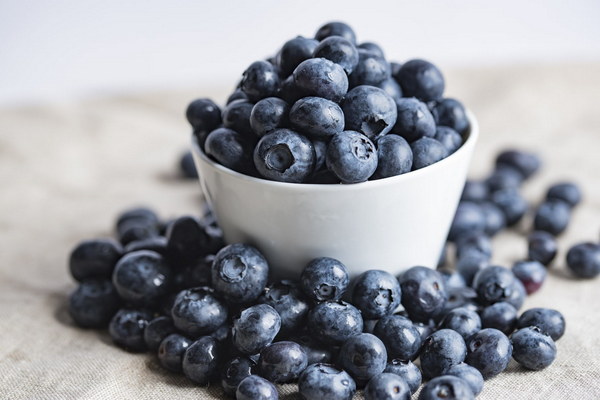Top Nutrition Tips What to Eat for Health Preservation on the Winter Solstice
The Winter Solstice, marking the shortest day and longest night of the year, is a time when ancient cultures believed that the body needed extra care and nourishment. In traditional Chinese medicine, this period is seen as the ideal time for winter tonifying, a practice aimed at replenishing the body's energy reserves and boosting overall health. Here's a guide to what you should eat to make the most of this winter season for health preservation.
1. warming soups and stews
Winter is the season for hearty, warming dishes that not only fill your belly but also warm your soul. Soups and stews are perfect choices, especially those made with ingredients like carrots, celery, onions, garlic, and root vegetables. These ingredients are known for their ability to nourish the body and aid in digestion.
Recipe Tip: A classic winter soup is Congee, a thick rice porridge that can be easily digested and is believed to strengthen the spleen and stomach. Add in some goji berries, ginseng, and honey for an extra boost.
2. mushrooms
Mushrooms are a nutritional powerhouse and are often used in Chinese medicine for their healing properties. Shiitake, reishi, and maitake mushrooms are particularly beneficial during the winter solstice. They are believed to boost the immune system, improve circulation, and increase energy levels.
Recipe Tip: Marinate shiitake mushrooms in soy sauce, sesame oil, and ginger, then grill or sauté them for a flavorful side dish.
3. black sesame seeds
Black sesame seeds are a traditional winter solstice food in many Asian cultures. They are rich in minerals like iron, calcium, and magnesium, which are essential for maintaining bone health and boosting the immune system. They are also believed to be grounding and calming for the nervous system.
Recipe Tip: Roast black sesame seeds and sprinkle them over a salad or add them to a bowl of rice for added crunch and nutrition.
4. ginseng
Ginseng is a well-known adaptogen, meaning it helps the body adapt to stress and supports overall health and well-being. It is particularly beneficial during the winter solstice as it is believed to enhance vitality and boost the immune system.
Recipe Tip: Infuse a pot of water with sliced ginseng roots and simmer it to make a healing tea. Add honey or lemon for flavor.
5. fish
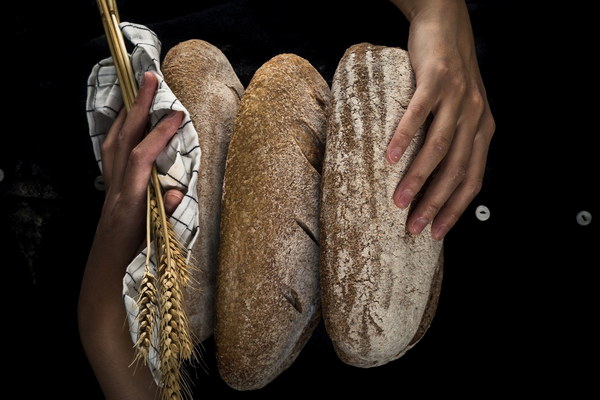
Fish is a great source of omega-3 fatty acids, which are essential for heart health and brain function. During the winter, opt for fish that are high in omega-3s, such as salmon, mackerel, and sardines. These fish can help to ward off seasonal affective disorder (SAD) and keep your mood bright.
Recipe Tip: Baked salmon with a lemon butter sauce is a simple and delicious way to enjoy the health benefits of fish.
6. sweet potatoes
Sweet potatoes are a winter staple and for good reason. They are packed with beta-carotene, vitamins A and C, and fiber, making them a nutritious and filling food. They are also warming and can help to support the immune system during the colder months.
Recipe Tip: Roast sweet potatoes until they are caramelized and serve them with a dollop of yogurt and a sprinkle of cinnamon for a comforting and healthy side dish.
7. dark leafy greens
Dark leafy greens like kale, spinach, and Swiss chard are rich in vitamins, minerals, and antioxidants. They are excellent for detoxifying the body and supporting overall health. During the winter, incorporating these greens into your diet can help to combat seasonal colds and flu.
Recipe Tip: Steam kale and add it to a warm salad with roasted nuts and a balsamic vinaigrette for a refreshing and nutritious meal.
In conclusion, the Winter Solstice is a perfect time to focus on health preservation through nutrition. By incorporating warming soups, mushrooms, black sesame seeds, ginseng, fish, sweet potatoes, and dark leafy greens into your diet, you can support your body's natural defenses and enjoy a healthier winter season. Remember, the key is balance and moderation, so enjoy your winter feast while taking care of your health.



